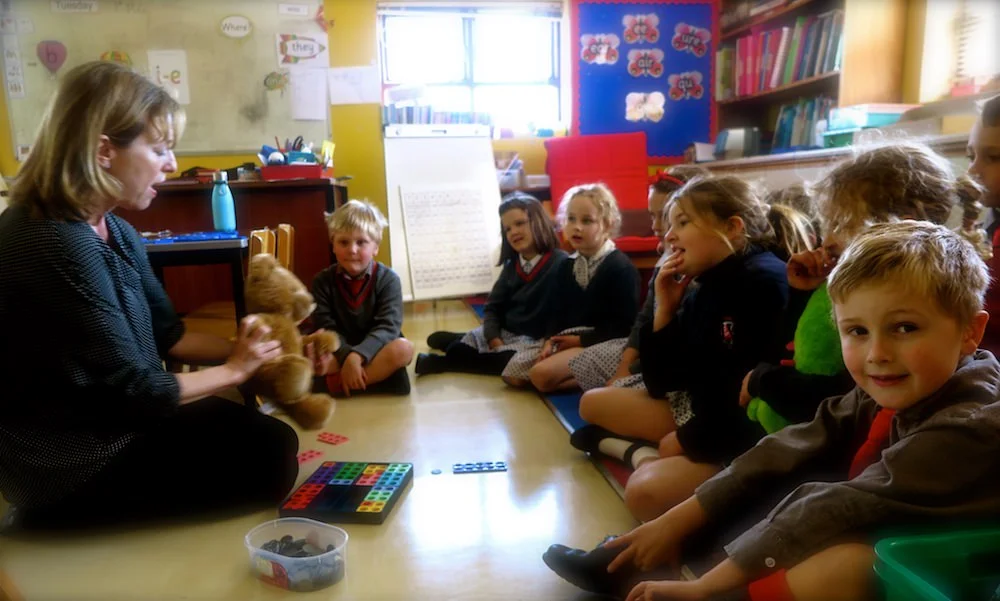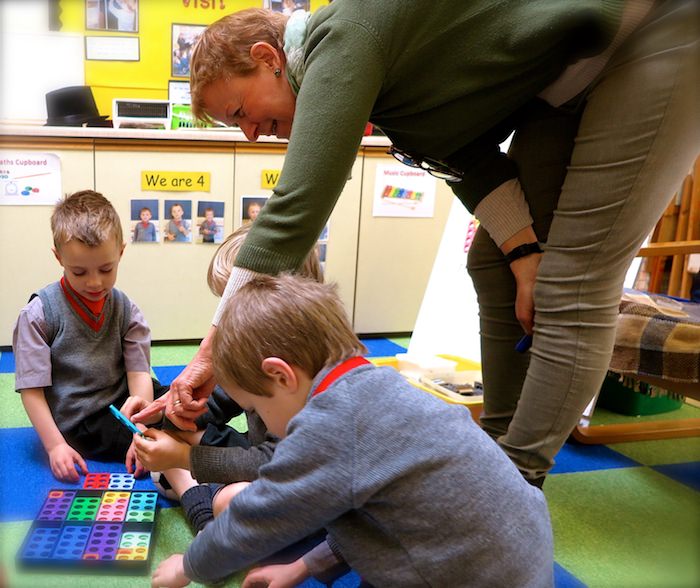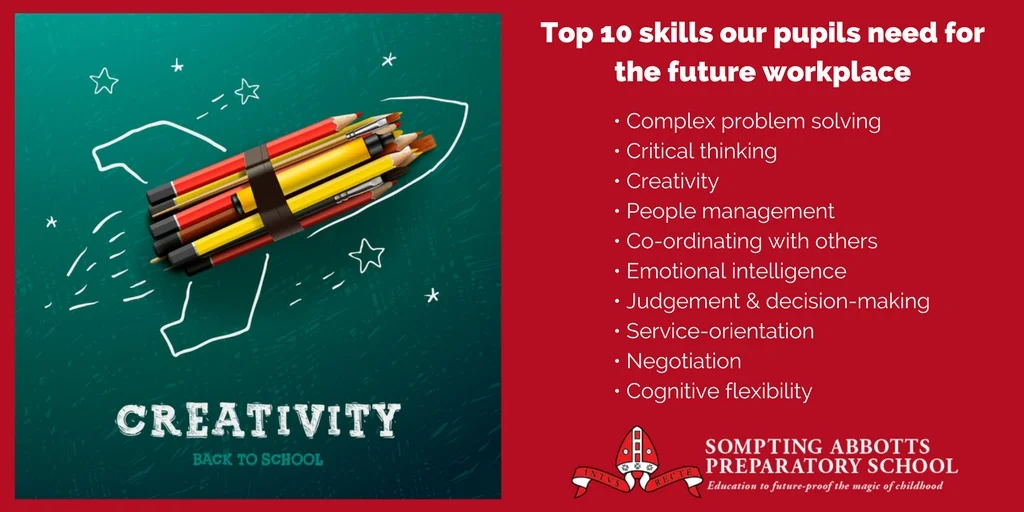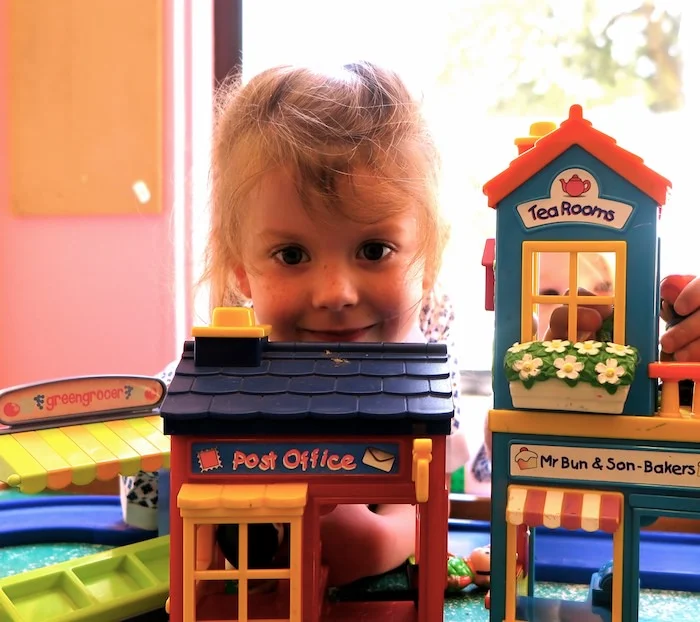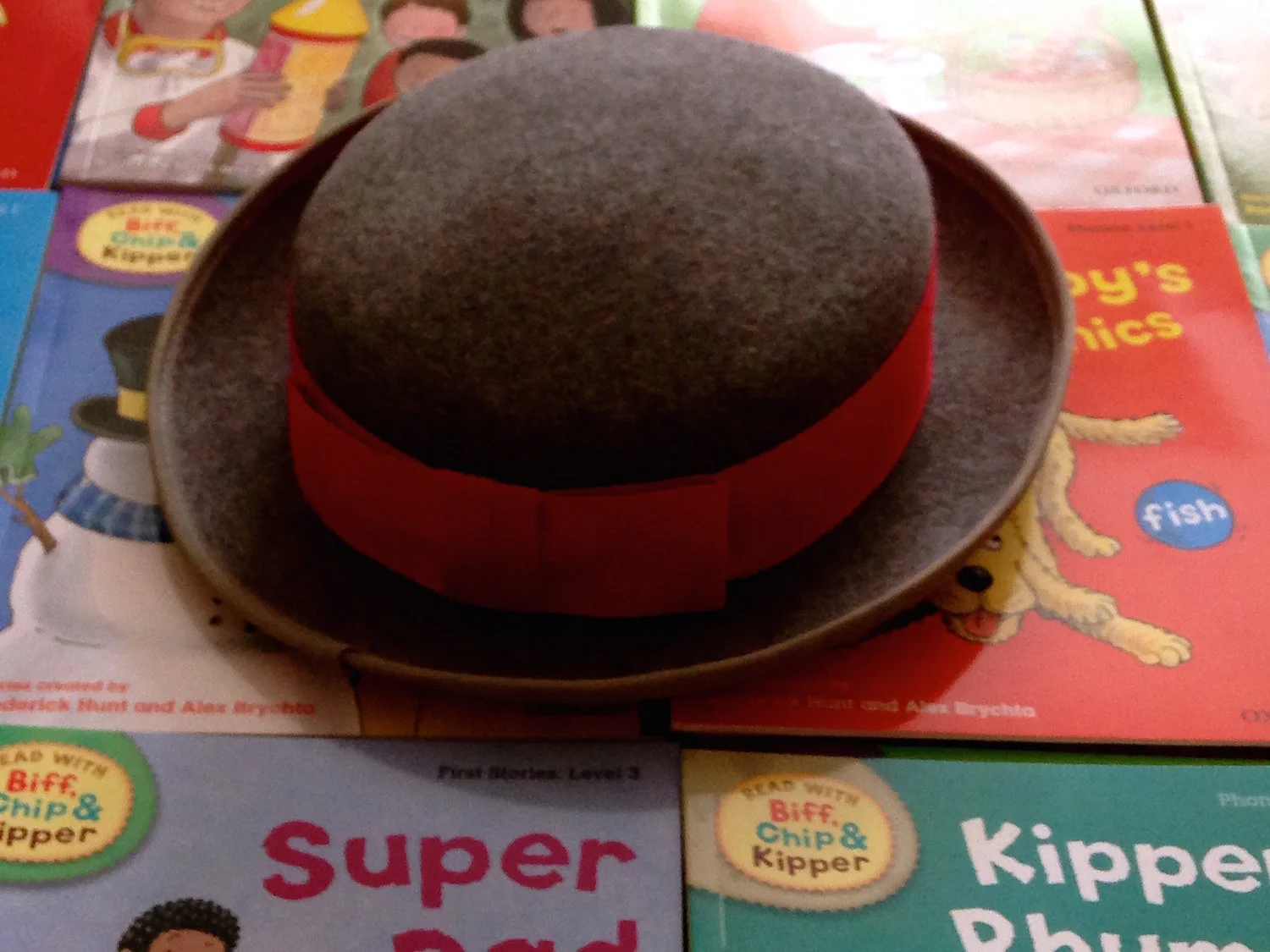Should I send my child to a prep school? Here’s some good advice
/Post author: Stuart Douch, Headmaster (2013 - 2023) of Sompting Abbotts Preparatory School
If you’re going to shell out on a private education, at what stage is your money best spent? Should you invest in prep school, senior school or even just sixth form instead? It's something I'm often asked.
So I found the article It’s about time in the latest issue of the independent schools’ sector publication Attain magazine rather interesting. It's written by the magazine's editor Matthew Smith. So much of it chimed with my own views on the educational blueprint for future success that I believe a preparatory school provides.
Like many of us, Matthew had heard people debating these points: should they send their children to prep school or ‘just save the money’ and use it for senior school? In his article, Matthew tackled this difficult question.
He could understand their thinking, he said, from a monetary point of view. But he didn't see the senior school or prep school divide as a ‘binary choice’. Nor do I.
Best possible start in life
“It’s got nothing to do with senior school entry prospects,” Matthew said. “It’s got everything to do with giving a child the best possible start in life and to open their eyes to the rich tapestry of learning.”
His view was that it was a shame that some people see the sixth form or GCSE years as the most important of a child’s educational journey. “It's probably because these involve tangible outputs – bits of paper to progress down the path to university or beyond,” he wrote.
After all, aren’t we forgetting something here? All the foundations for children's future success are laid down during the crucial prep school years. Senior schools are merely the inheritors of this groundwork... Because there's a lot of truth in that famous phrase: "Start children off on the way they should go, and even when they are old they will not turn from it."
“The prep period is time when children should be doing the ‘old-fashioned’ stuff children love most and that they’ll never forget. That’s creating the memories which will really make the school days ‘the best of their lives’. By learning how to learn, making (and breaking!) friends, exploring the grounds, den-building, spotting squirrels, climbing trees and finding conkers...”
As Matthew states, the prep years are when:
Children respond particularly to their learning environment
They have the space to learn, think and, importantly, play
They have the opportunity to discover new things, the magnitude of which they will never experience again
I agree. The best prep schools encourage children to recognise that academic independence is a natural part of life’s discovery. The prep period is time when pupils do the 'old-fashioned' stuff children love most – that they’ll never forget.
That's creating the memories that will really make the school days ‘the best of their lives'. By learning how to learn, making (and breaking!) friends, exploring the grounds, den-building, spotting squirrels, climbing trees and finding conkers...
Impressionable young minds
The early years of a child's life are a time of exponential brain growth. The quality of education and the individual attention that children get at this stage has a huge impact on their future attainment at senior school level.
If you want to dig deeper on this, take a look at the 2017 research set out in The Long Term Effect of Effective Teaching by Durham University Centre’s for Evalution and Monitoring. It analysed the development of 40,000 children in England from age four to 16.
The study proved, without a shred of doubt, that high-quality early years provision is crucial for a child’s educational development. it concluded that this period 'has the single biggest impact' on how well children will succeed later in their educations.
But it’s not just the academic yields that we should be looking at here. It's the bigger picture: the emotional and social skills our children will need for life ahead.
“The study proved, without a shred of doubt, that high-quality early years provision is crucial for a child’s educational development. it concluded that this period ‘has the single biggest impact’ on how well children will succeed later in their school years.”
Traditional values for the modern world
Politeness and respect might sound vintage qualities but they’re not. They’re among the most important contemporary ‘skills’ we instil in all our pupils. All our pupils will, for example, automatically, hold the door open for one another or an adult.
We focus on the development of 'character' in our day-to-day school life, our assemblies and even in the way we play sports.
As with most good prep schools, the staff, parents and children form one big 'family'. We think of it like that. We put great emphasis on teaching children the kind of social ‘tools’ that will give them a head start in life.
“Politeness and respect might sound vintage qualities but they’re not. They’re among the most important contemporary ‘skills’ we instil in all our pupils.”
That, too, might sound old-fashioned. But emotional intelligence, self-belief and confidence are going to be just as important as academic triumph for your child’s life. As will mental toughness, critical thinking, teamwork, taking initiative and problem-solving abilities.
If you need any further convincing, take a look at this report on the Global Achievement Gap by the World Economic Forum. It identifies the seven core competencies every child will need to survive in the coming world of work. What are they?
1. Critical thinking and problem-solving
2. Collaboration across networks and leading by influence
3. Agility and adaptability
4. Initiative and entrepreneurialism
5. Effective oral and written communication
6. Accessing and analysing information
7. Curiosity and imagination
Matthew’s editorial nails it, I think, in his closing paragraph!
"Senior schools are always very keen to talk about their GCSE and A level results – and rightly so. But we must remember they're not starting with pupils with a learning level of zero. Many of their pupils are coming from excellent prep schools. Whilst the senior schools will hold aloft a sparkling diamond, let’s remember who found it. And who carefully cut it and began to polish – revealing the potential within.”
He ends by saying: “Let’s hear it for having the time to learn. It’s a rare and valuable commodity but also something which our preps have in abundance. You can miss the prep years if you wish but the loss is considerable. It’s time (and money) very well spent.”
Hear, hear.
“Whilst the senior schools will hold aloft a sparkling diamond, let’s remember who found it. And who carefully cut it and began to polish – revealing the potential within. The preparatory school ...”

